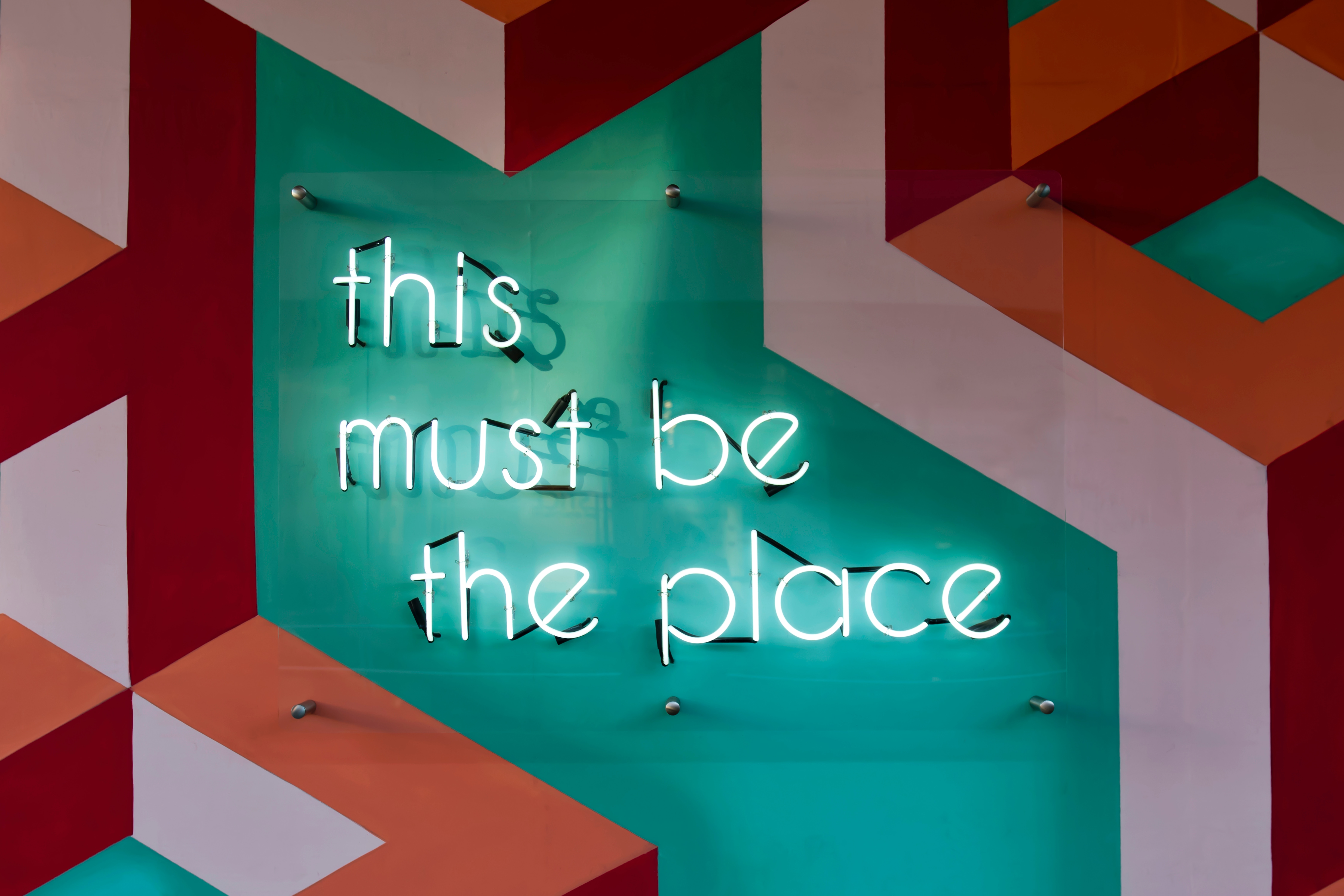
Building a Marcomms Team From the Ground Up: What to Keep In Mind
Even if an organisation doesn’t have an established marketing and communications team, most will generally have at least an individual or small unit responsible for these areas. However, some firms, particularly those undergoing rapid expansion or growth, will have to go from a standing start, which can be exceptionally challenging when there are dozens of other priorities to focus on, and roles to hire for. With this in mind, what are the top tips for building a marcomms team from the ground up and ensuring that you’re recruiting the best and brightest available talent that fits with your long-term strategy?
Most established organisations that have little to no marketing presence in place are unlikely to go from having nobody to a huge sprawling team overnight. But for startups and firms that have received significant investment, or are seeking to capitalise on a major market opportunity, this can be a reality. We’ve worked with many organisations that have had to quickly recruit and onboard marketing and communications specialists for a variety of reasons and therefore have the experience and understanding to guide firms through what can be a difficult and stressful period.
Building a Marcomms Team; What to Keep in Mind
Of course, no two employers are the same and organisations in some markets will have little need for professionals in some of the more niche areas of the marcomms world. For example, if a creative business bases its model on its design and unique appeal, it’s more likely to require the skills of a graphic designer than an organisation operating in the financial or construction markets. However, while the specific roles that will be required will vary, the fundamental processes of finding, attracting and recruiting individuals are largely the same.
This is a formidable but rewarding process and should start with establishing a clear vision and objectives for the types of people that you want to recruit. Personality and ‘fit’ should be at the heart of your hiring strategy as one bad hire can really upset the apple cart, and have a significant detrimental effect on culture in the short and long-term. The individual impact of one person is diminished as the team grows larger, but in the early days getting hiring decisions correct is particularly important.
Skills-First Approach
As you start on your hiring journey it is also advisable to take a skills-first approach to recruitment. Businesses that establish extensive educational requirements, and expect certain experience levels, will only reduce the size of the talent pool they have to hire from. And that’s before we even account for the fact that your employer brand will likely only be in its infancy, and will not hold the gravitas and pull to attract established professionals with a track record of success.
This also applies when seeking candidates in emerging areas. If the business is seeking AI expertise, for example, it’s highly unlikely you will be able to find someone with extensive, relevant qualifications and experience, purely because the market is only in its early days, and these people don’t exist in any real volume yet. However, if you can identify someone who can deliver on the skills requirements, can develop further in the position, and possesses the raw attributes combined with the aforementioned cultural fit, then it makes far more sense to take them on board with you instead.
Employer Brand
As outlined, your employer brand will also likely not be fully developed yet and will not hold anything like the pulling power of major globally renowned employers, or even just those that have been established for longer. However, there are ways around this challenge. While you may not be able to offer security or an extensive history in the industry in question to potential new recruits, you can offer better potential for growth and personal and professional development than a larger and less agile firm. Equally, you can also promote the benefits of a tight-knit and collaborative culture, and the commitment from leadership to building an effective, high-performance team. Essentially, while there are challenges from not having a more established employer brand, there are also major opportunities.
Once your business has identified the roles it needs to create and fill, and clarified how it will position itself, you can then look to implement a strategic recruitment process. Job descriptions are vital and should clearly outline the role and the fact that this is an opportunity within a rapidly growing organisation, and that this may subsequently mean that the demands of the position are broader than in a comparable, but more established firm. This clarity not only helps you to get on the radar of those who want to work in this type of environment, but also prevents retention issues further down the line if the reality doesn’t match what was promoted in the job specification.
You should look to utilise a range of diverse recruitment channels to promote your opportunities, but ultimately no one understands the market better than specialist and dedicated recruitment agencies that have worked with organisations of all sizes and have the network and expertise to show for it. They will be able to guide and steer your organisation in the early days and explain how to best tap into relevant talent pools to find the skills and personality that are required.
There’s a huge amount to consider when building a marcomms team, particularly in the early days. However, ensuring that you are hiring the right people is absolutely critical to longer-term success; after all, there’s a reason that people are organisations’ most valuable assets.
*****
If you would like to speak to us about recruiting for your fledgling marketing and communications team, get in contact with our team.
